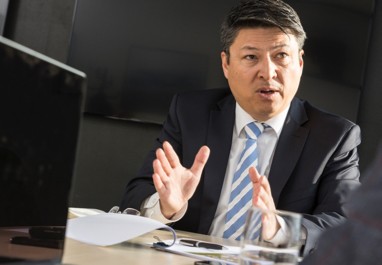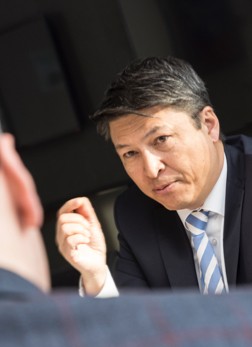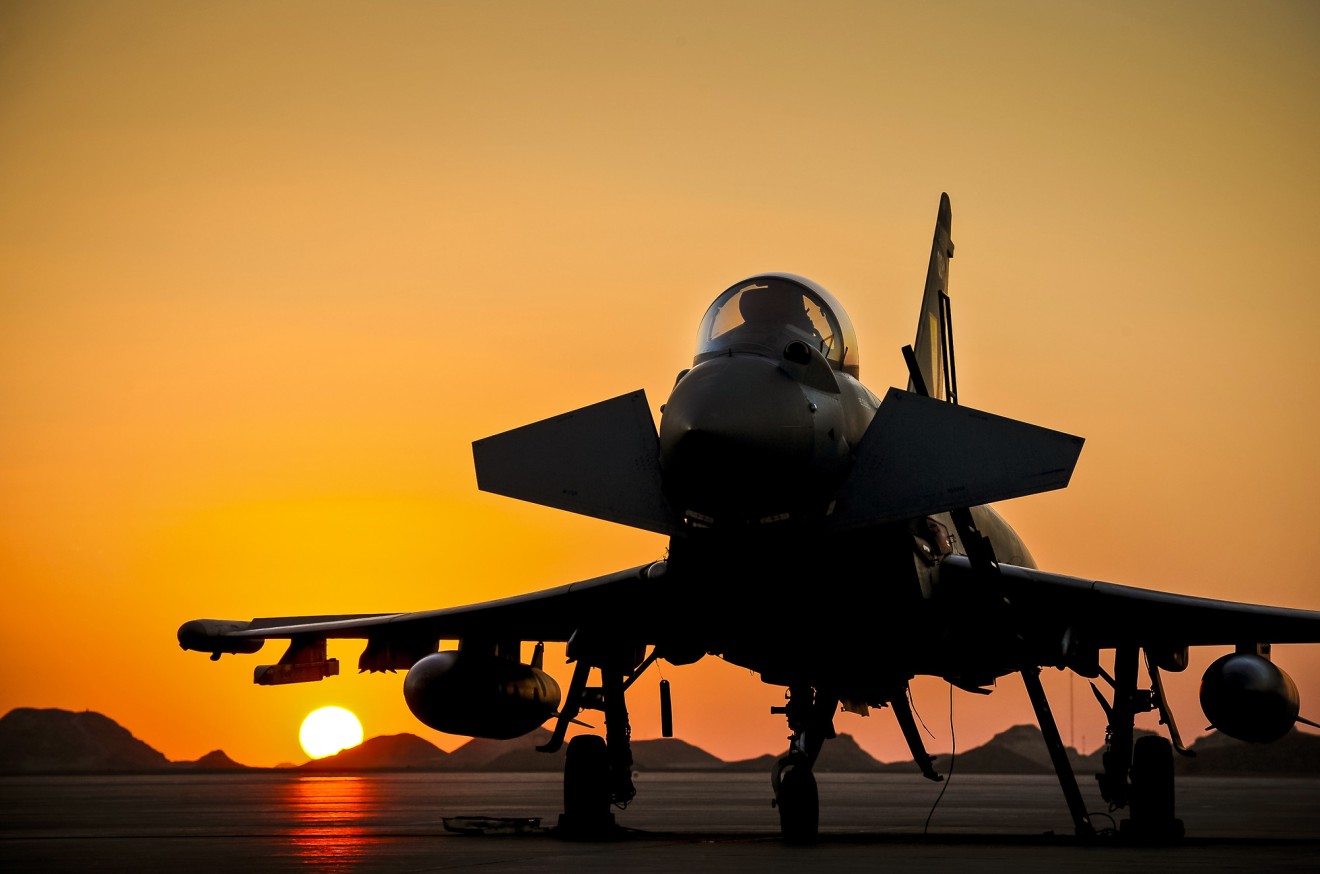The Bundesrat “Swiss Federal Council” wants a complete replacement of the Swiss Air Force's (SwAF's) 26 F-5E/Fs and 30 F/A-18C/Ds along with a new ground-based air defence system.
This summer the government is expected to issue a Request For Proposal to meet this need — and naturally Eurofighter will be in the contest.
Alexander Vinh, Campaign Director and Head of Bid Management with Airbus, says it’s a contest that will be closely followed by the general population. Indeed, it’s possible that they may even have the final say.

That’s exactly what happened in the previous campaign. Initially won by Sweden’s Gripen, the result was ultimately overturned following a referendum.
“The Gripen case was the first ever referendum in Switzerland concerning a military topic that failed in a public vote,” says Vinh. “It showed the public was not convinced about the overall process, nor was it convinced about the result. The other conclusion to draw is that the Swiss public is extremely interested in their security.”
They’ll certainly be following this latest campaign far more closely than most other nations do in similar circumstances which gives the competition a different edge.
“Switzerland is one of the few countries in the world that’s strongly interested in its military system — everyone plays their part.”
Of course, the Gripen vote hasn’t changed the need for it to update an ageing fleet. In 2016 a group from the SwAF came together with politicians, industry and various other experts to look at every aspect of what was required including the budget, planning and industrial topics.
With the benefit of hindsight Vinh believes the previous campaign came a little too early in Eurofighter’s life cycle but feels the timing is much better now.
There is a big difference between the evaluation of the 2008 aircraft and the one we will present in 2019. In 2008 we were still in the learning phase and the aircraft was new to the squadrons, whereas today it has changed significantly — it’s combat-proven and reliable. In capability terms there are lots of elements either on contract or where the development has already been completed but there is still a growth path — or Long Term Evolution vision — which shows the customer where we are going. In short, today we have a much more mature system but one with significant growth potential.”
The last point is important because Vinh says that Switzerland is looking for something which will still be operational in the 2050s.
“The chief operational focus is on air policing, because Switzerland has some of the busiest air space in Europe. There are a couple of thousand of air movements every day, hence air policing is key. But they are also looking a basic air to ground capability with a specific focus on close air support.”
Obviously, much will depend on how the various rival aircraft perform during the flight evaluation, which Vinh describes as ‘the moment of truth’. The evaluations are expected to take place in-country and with SwAF pilots at the controls.
“This element will be hugely important but I am convinced we can perform well and demonstrate how stable the Eurofighter is, how well it has evolved and how reliable it is in service.”
How else will Eurofighter impress? “We have to play to our key strengths as a group of international allied partners working together. I think Switzerland sees the potential in corporation, not only with our industry but also with our partner nations. A good example is training facilities. Switzerland has limited air space to carry out training flights and night flights are limited. But through our European partner nations this is something we have to offer.
“At the same time they also enjoy their independence in deciding what they want to do. For example, Switzerland does not wish to join NATO or the EU. This desire to protect their independence also has constitutional resonance and it’s something we have to respect and act accordingly.
“Our aim, and this is the key for me, is to show how there is potential within the Eurofighter construct for Switzerland to be a partner for future development. It’s a very stable and reliable state. Brexit is a perfect example to demonstrate that even within a club such as ours there is the freedom to speak and freedom to go your own way.”

Last but by no means least, another key consideration will be budget. Naturally, any successful bid will have to be compliant within the framework of their budget. But what is also obvious in this context is that the Swiss are is looking for a ‘smart’ solution, and that would include support.
“One good example of an innovative approach to support is the UK’s TyTAN support solution. (TyTAN is a unique 10-year support solution – a partnership between BAE Systems and the Royal Air Force to provide support the UK Typhoon fleet, which will generate an estimated £500m of savings).”
“Overall, taking all the different elements together, we need to present a proposal that’s very competitive and credible — and I firmly believe we can.”
